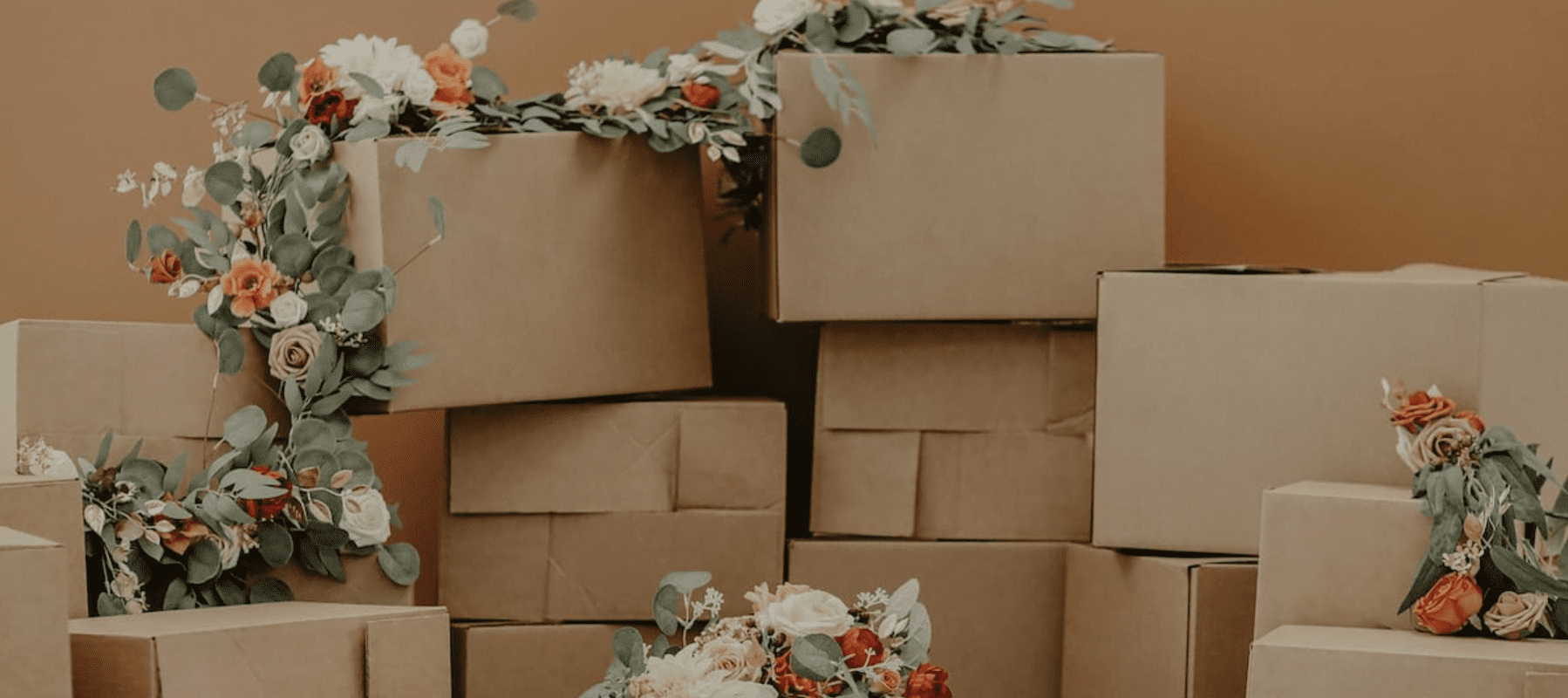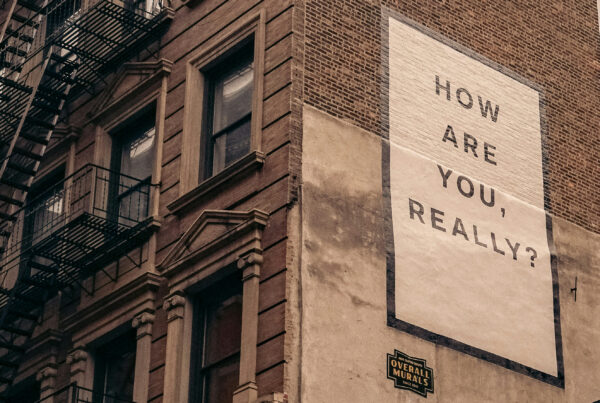I was 23 years old when I took my first positive pregnancy test. They say you’re never actually prepared for parenthood, but I feel like you’re far less equipped when you’re 23. I had just started grad school a few months prior, so I was immersed in textbooks and APA-formatting requirements, and didn’t have a lot of room left in my brain for diapers and pacifiers. In addition, social media was hardly a thing at the time (at least compared to what it is now) and there was definitely no such thing as an “influencer” to give exorbitant amounts of unsolicited parenting advice.
So, there I was, being wheeled out of the hospital, holding a swaddled stranger I had just met. I remember standing at the hospital entrance, watching my husband try to install the car seat, and thinking, “We really don’t know what we’re doing.” I adopted a figure-it-out-as-you-go mentality, and days turned to weeks, which turned to months, which turned to years.
One day I was disciplining my toddler, when I had this overwhelming feeling like I had been here before. At first I thought it was a memory, but it was more like an all-encompassing, whole-body sensation that I was the child being disciplined. I could feel it throughout every part of me – physically, mentally, emotionally. It was weird, and I didn’t know what to do with it, so I put it in a box and tucked it away for later.
Effects of Trauma on the Body
At some point in my graduate studies, I came across this concept that the body stores trauma and emotions. The degree of trauma associated with an experience is not solely dependent on the experience itself, but how we were received during and afterward. Was there someone safe to come home to after the trauma, someone who offered comfort and care? Or was the experience denied and the emotions invalidated, creating a sense of isolation and abandonment in a moment of need? It’s one thing to experience trauma; it’s another to walk through it alone. And yet Jesus Himself has been there. He cried out to his Father on the cross, not because his hands hurt from the nails, but because He had been forsaken. He had been left alone, and that pain was far too great to bear.
I didn’t know why I felt like I had been in that moment with my son before, but that wouldn’t be the last time I would feel something familiar. And each time I would be faced with a decision: Do I ignore it or press in?
Facing Forgotten Pain
Unpacking your story is hard. Climbing up to the attic or descending down to the dark basement, gathering up the boxes covered in dust and cobwebs, carrying the heavy load into the light and then opening them up, one by one, examining the contents and deciding what is worth keeping and what needs to go, what needs to be cleaned up and what needs to be thrown away. It’s not an easy process. It requires time, energy, and a support system.
Sometimes we convince ourselves that because those boxes are tucked away and out of sight, they don’t really exist. But at some point, something in them starts to rot and the whole house begins to smell. Or it comes time to move to a new place, and we’re either forced to face the contents in a stressed and chaotic environment, or throw them into the back of the moving truck, bringing the clutter to our new space. Or worst of all, they become our kids’ problem to deal with after we pass away. A house full of boxes that no one unpacked. A life full of stories no one took the time to understand.
Either way, we can’t hide from the boxes. They exist whether we want to acknowledge them or not. The parts of our story that are hard for us to tell – that bring shame and grief and pain – they’re going to come out one way or another. The abuse that we’ve normalized, the abandonment we’ve minimized, the wounds we’ve sought so desperately to cover with addiction and distraction, they don’t go away because we ignore them.
Oftentimes it takes a life altering event to force us to unpack the boxes. We grieve the unexpected loss of a loved one. We’re confused when we climb to the top of a career ladder only to find ourselves more dissatisfied than before. We’re broken when decades after saying, “I do,” we’re isolated and alone in a marriage. We welcome the birth of a child, upon whom we’ve placed our entire life’s purpose, only to discover children make terrible gods.
Holding Joy and Sorrow Together
The book of Exodus is replete with traumatic events. Slavery, murder, refugee crises, natural disasters, oppression, abuse, death. The Israelites witnessed God’s protection and provision and deliverance time after time, but that still doesn’t mean those other things didn’t happen. What does it look like to hold both of them together? You can’t have deliverance without slavery. You can’t have resurrection without death. When we neglect to acknowledge the brokenness and pain and grief that has swallowed up this world, we leave less room for the power of God to heal and comfort and reconcile.
So what would it look like to unpack your boxes and tell your story? To understand more about who you are, where you came from, why you think and respond the way that you do?
Who you are and where you’re from is a big deal in the Bible, as shown by the extensive lists of names and genealogies leading to Jesus. But God also includes stories of outcasts, rejects, exiles, foreigners – and in some cases, like Ruth, weaves their lineage into that of His chosen people. Don’t ignore the boxes forever. You have the power to unpack them – the power to change your family legacy here on earth, and eternally through Christ.
Click here to learn more about Grace’s Care and Counseling Center.
To read more from Julie Hotalen, check out these articles:






100% Exellent Julie! ❤️